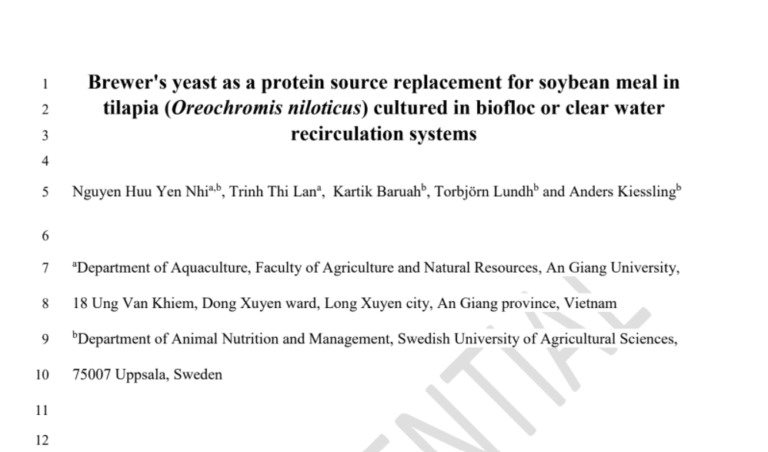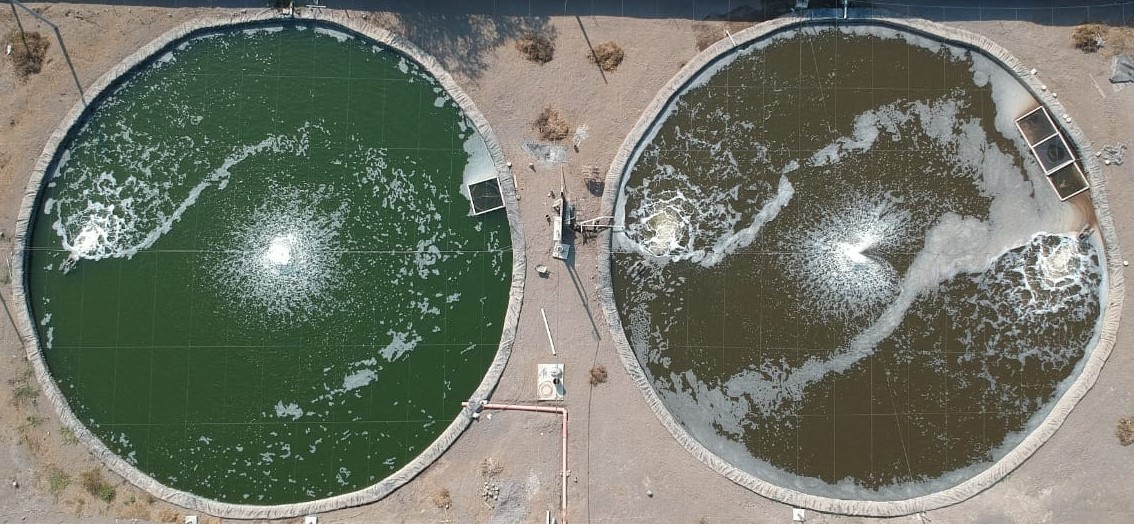
BIO-RAS TECHNOLOGY
DEFINITION
Bio-RAS is a land-based aquaculture technology for fish and shrimps that was originally developed in the tropics, combining the Biofloc Technology (BFT) with the Recirculation Aquaculture Systems (RAS). It is a Trademark and IP concept developed, named and owned by Cresponix from Sweden.
MAIN CHARACTERISTICS
Bio-RAS is performed in at least two water volumes, where bioflocs circulate. Bioflocs are aggregates of microbes (especially bacteria, algae, yeast, zooplankton, protozoa) that not only improves micro biome and water quality, but also prevents diseases and nourishes aquaculture species raised in closed intensive systems. By recycling fish and shrimp farming residues into their own food source, it creates a natural interior ecosystems in culture, allowing the ideal zero-effluent status. Bio-RAS creates a secure and resource-efficient land-based cultivation technology for aquaculture.
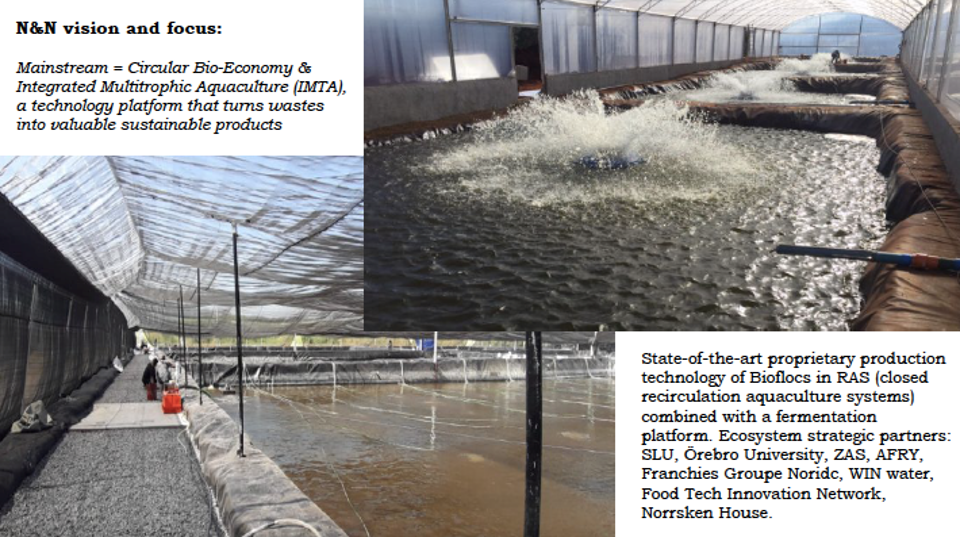
NEW APPLICATIONS
Cresponix is currently upgrading the Bio-RAS technology for the temperate climate and using the fermentation technology, lowering production costs, improving biosecurity, finding new applications, new business models, and new markets to be licensed out and start partly owned daughter companies.
Business Benefits of the Bio-RAS
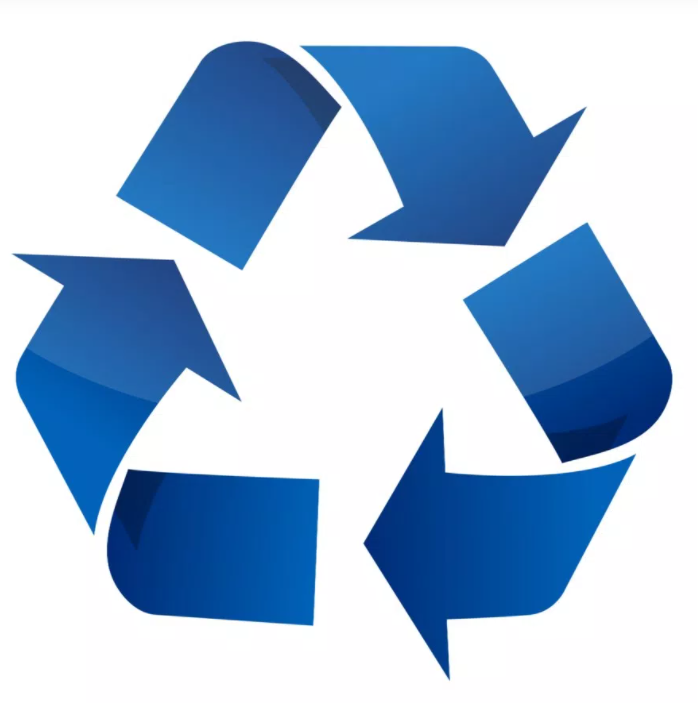
Closed ecosystem that reuses all residual products and water.
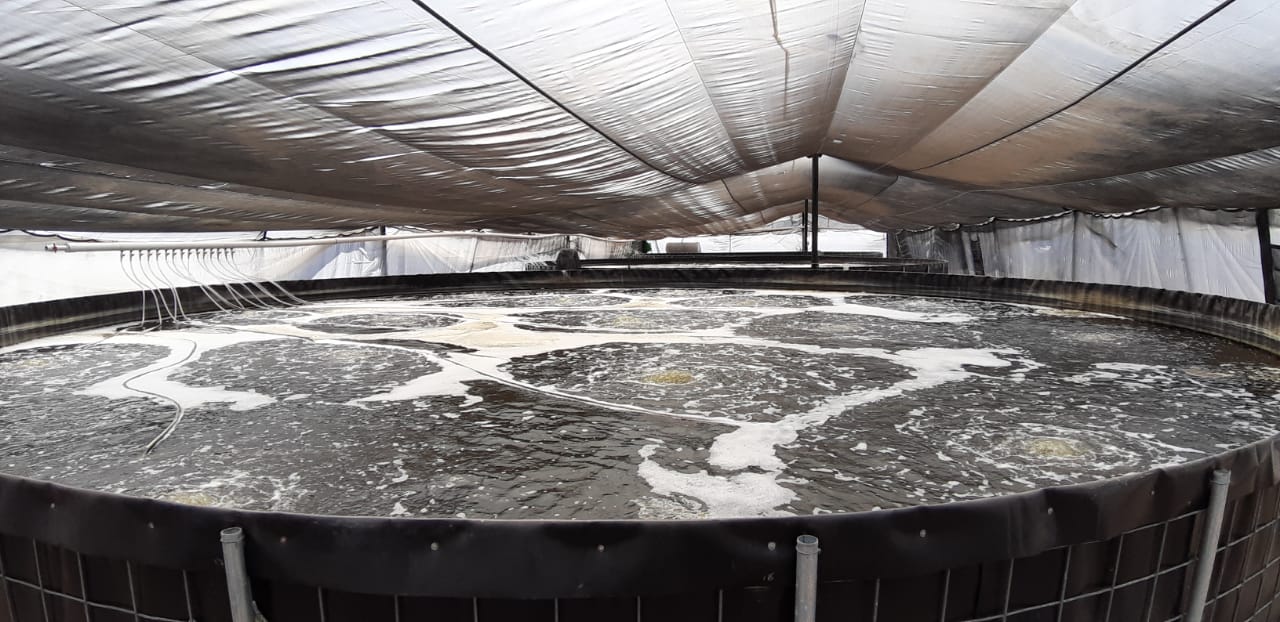
Modern circular bio-economy with good growth and feed conversion.
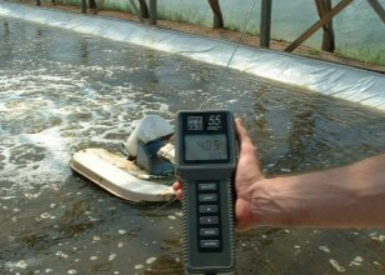
Fish and shrimp welfare due a high-quality of water and natural fresh food (biofloc) which results in low production costs due to reduced artificial external feed consumption.
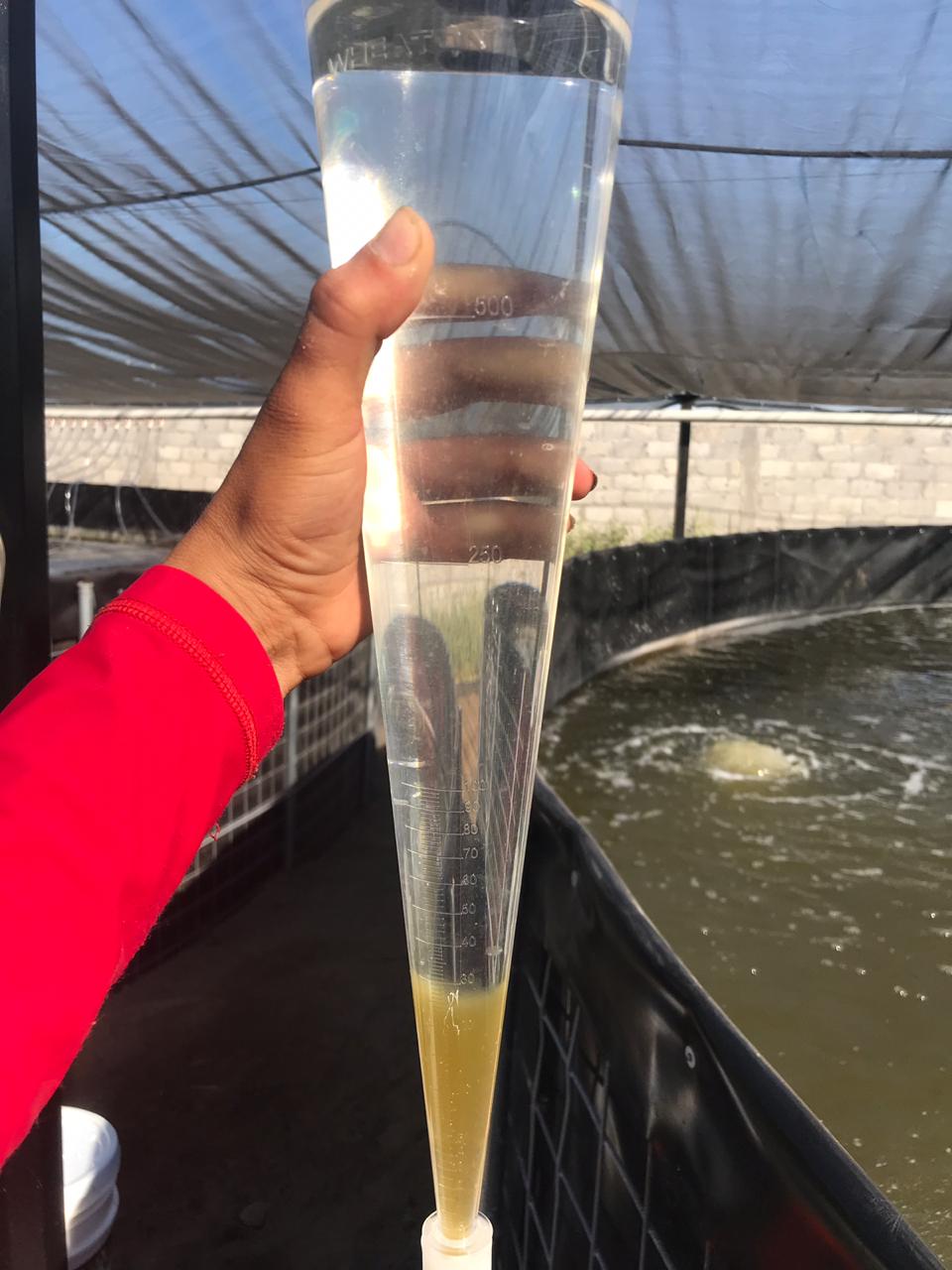
Biofloc provides probiotic effects to entire systems.
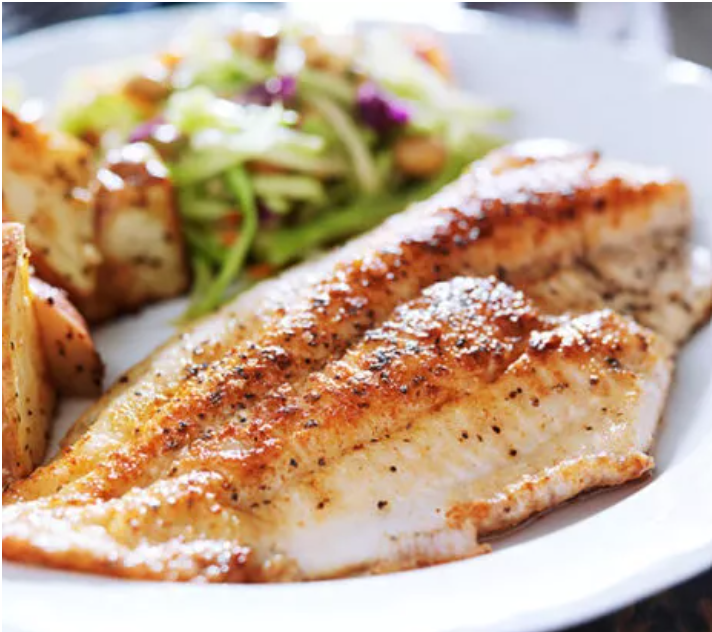
Natural and wild-caught taste.
What can we do for you?
Planning
Planning a Bio-RAS system, including necessary equipment, materials, analysis equipment, as well as the design of a scalable unit model and the methods of construction and technical installation.
Working Methods
To start a Bio-RAS system in a biologically successful way and obtain the growth of the right bacteria, algae and plankton in the system that creates a safe and resource-efficient system.
Operational Methods
Daily operational methods of a Bio-RAS system, which enables the growth and maintenance of the right microorganisms over a longer time perspective.
Protocols
Recipes of unique production material that need to be added daily to maintain the safe and resource-efficient Bio-RAS system.
The intangible assets described above are based on 35 years of aquaculture industry experience in biofloc technology, fermentation technology and RAS technologies, as well as all published research and research collaborations, in the form of exclusive manuals that are the basis of the business behind Cresponix.
Nutrient loop

- We make nutritious customizable inputs for the aqua-food systems (aquaculture of tilapia, shrimp, and algae; hydroponics/aquaponics; Ferti-irrigation) using non-desired wastes, producing efficiently value-added products with zero effluents with Biofloc, RAS and fermentation technologies for carbon sequestration and low-energy local food production, accelerating a global transition away from all conventional non-sustainable meat/fish production.
- CO2 emissions are into human food/animal feed alternative protein ingredients, using natural microbes and biotech.
- We have 35 years experience in applied commercial zero-waste aquaculture in the tropics (Brazil, Colombia, Peru, Florida-USA, Zimbabwe, Thailand, China and Vietnam). We are now adapting this Bio-RAS knowledge/experiences to the temperate climate of Sweden, in a safe manner, through firstly a “proof of growth concept” prototype and later a large-scale systems that also use wastes/CO2 into green energy/valuable food products locally produced (low carbon footprint). All natural, non-GMO, high-quality proteins with all amino acids found in meats but with less environmental impacts on water, wildlife and land.
marketing

- Fully traceable, from egg hatchery throughout production to plate. No animal based ingredients or additives.
- Natural nutrients (protein, energy, lipids, vitamins, organic minerals, probiotics) sustainable feed/food source produced by natural fermentation, competitive price, with existing protein sources produced in the highest quality standards; not just a regular microbial biomass, it helps to maintain a healthy gut (fish/shrimp welfare/wellbeing), improving growth, survival and feed conversion; product of precision fermentation, with a uniform profile, stable year round and increasing fish/shrimp/plant taste, collagen body content, carcass quality and shelf life.
Cresponix confidential manuals
Anyone who wants to start growing fish or shrimp using the newly developed Bio-RAS technology can obtain from Cresponix’s confidential manuals and manuals about the Bio-RAS system through a licensing model.
Cresponix offers the following support services to their licensees:
- Project manager for the establishment of Bio-RAS fish or shrimp farming, including equipment purchasing, materials, and analysis from Cresponix established networks. Technical installation and construction of the entire Bio-RAS plant.
- Offer sales of the licensee’s produced fish or shrimp through Cresponix ’s negotiated purchase contract of Bio-RAS grown products to food chains, restaurant wholesalers and public kitchens.
- Quarterly service and quality control on the Bio-RAS system performed by experts.
- Consulting assistance from a Bio-RAS and aquaculture expert.

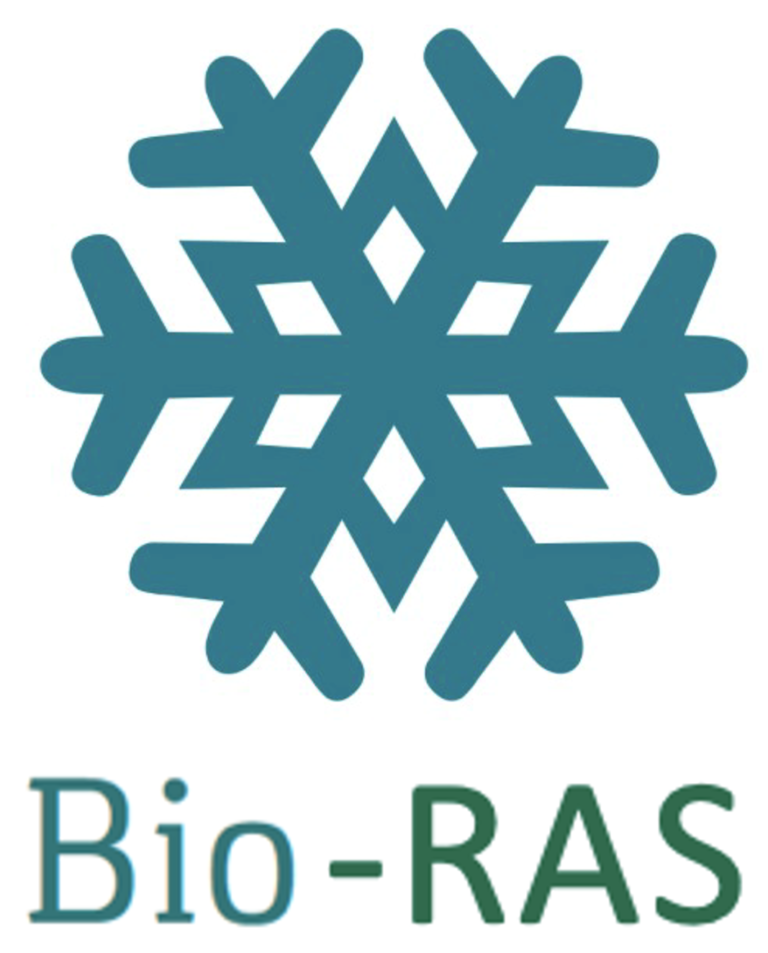
Novel Prospective Species for Bio-RAS
Cresponix can verify the technical/economic feasibility of culturing new fish and shrimp species in the Bio-RAS system, in order to offer both licensees and purchase contracts with new end products.
Cresponix has through the founders valuable intangible assets around breeding lines derived from Bio-RAS systems, as well as construction and operational operation at hatcheries and breeding nucleus for shrimp and the fish species tilapia.
Cresponix will offer licensees new products and services by further developing the Bio-RAS technology and connecting it with indoor cultivation of vegetables and insects, as well as fermentation technology and ferri irrigation technology.
Meet Our Team


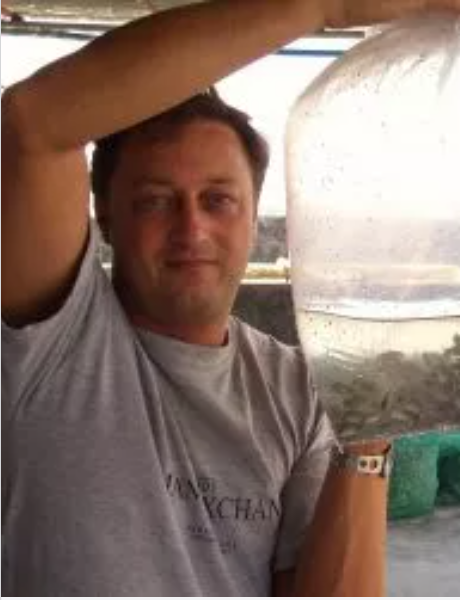
Bio-Ras publications
